Location: 801 N Main St, Tuskegee, AL 36083 | Phone: (334) 727-8436
General Request Form Diagnostic Service Price List Histology Research Request Form and Fee Faculty and Staff Diagnostic Customer Satisfaction Online Survey
Introduction
Welcome to the Veterinary Diagnostic Services Laboratories at Tuskegee University.
Located within the College of Veterinary Medicine, the lab provides advanced, reliable, and comprehensive diagnostic solutions that support veterinarians, pet owners, researchers, and the Veterinary Teaching Hospital. With state-of-the-art technology and a dedicated team of veterinary specialists, services range from infectious disease testing and cytology to biopsy and necropsy evaluations. Committed to accuracy, excellence, and education, the laboratory plays a vital role in advancing animal health, supporting research, and training the next generation of veterinarians.
|
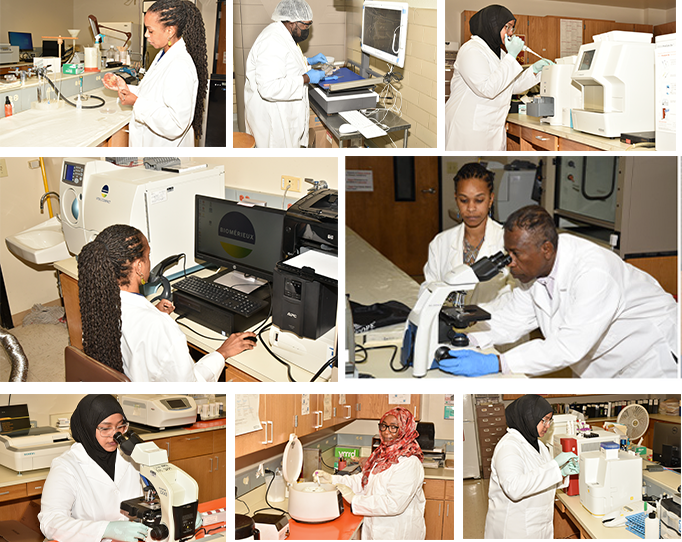
|
Contact Us
Director
Dr. Yazeed Abdelmageed

Department: Pathobiology/Diagnostic Services
Office Phone: 334.727.8553
Cell: 334.559.0536
Fax: 334.724.4110
yabdelmageed@tuskegee.edu
|
Mission
The Veterinary Diagnostic Services Laboratories at Tuskegee University provide advanced diagnostic testing to support the Veterinary Teaching Hospital, research initiatives, and regional veterinarians. Specialized biopsy and surgical pathology services ensure accurate, timely results that enhance animal health and veterinary education.
Capability Statement
Tuskegee University’s Veterinary Diagnostic Services Laboratories deliver precise and reliable diagnostics in anatomic pathology, clinical pathology, bacteriology, mycology, and parasitology. The laboratories offer essential biopsy and necropsy services that inform treatment decisions, surgical planning, and post-mortem analysis, while also supporting research projects and regional veterinary practices. Integrated with the Veterinary Teaching Hospital, the labs play a vital role in veterinary and graduate student training, offering a full range of tests from clinical chemistry to microbiological examinations. Experienced veterinary pathologists also provide expert consultation, bridging clinical findings with pathology to ensure accurate diagnoses and improved animal health outcomes across the region.
Our Key Components of Diagnostic Services include various specialized labs like clinical pathology, microbiology, histology, and anatomic pathology offering a wide range of diagnostic tests to assess patient health.
|
Clinical Pathology
|
Bacteriology, Mycology, and Parasitology
|
|
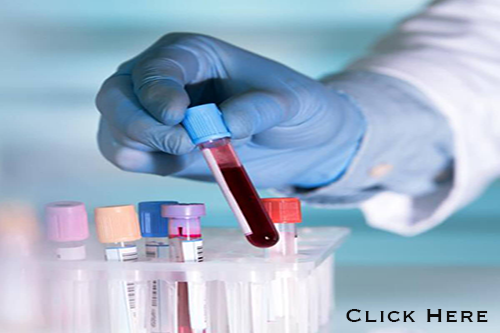
|
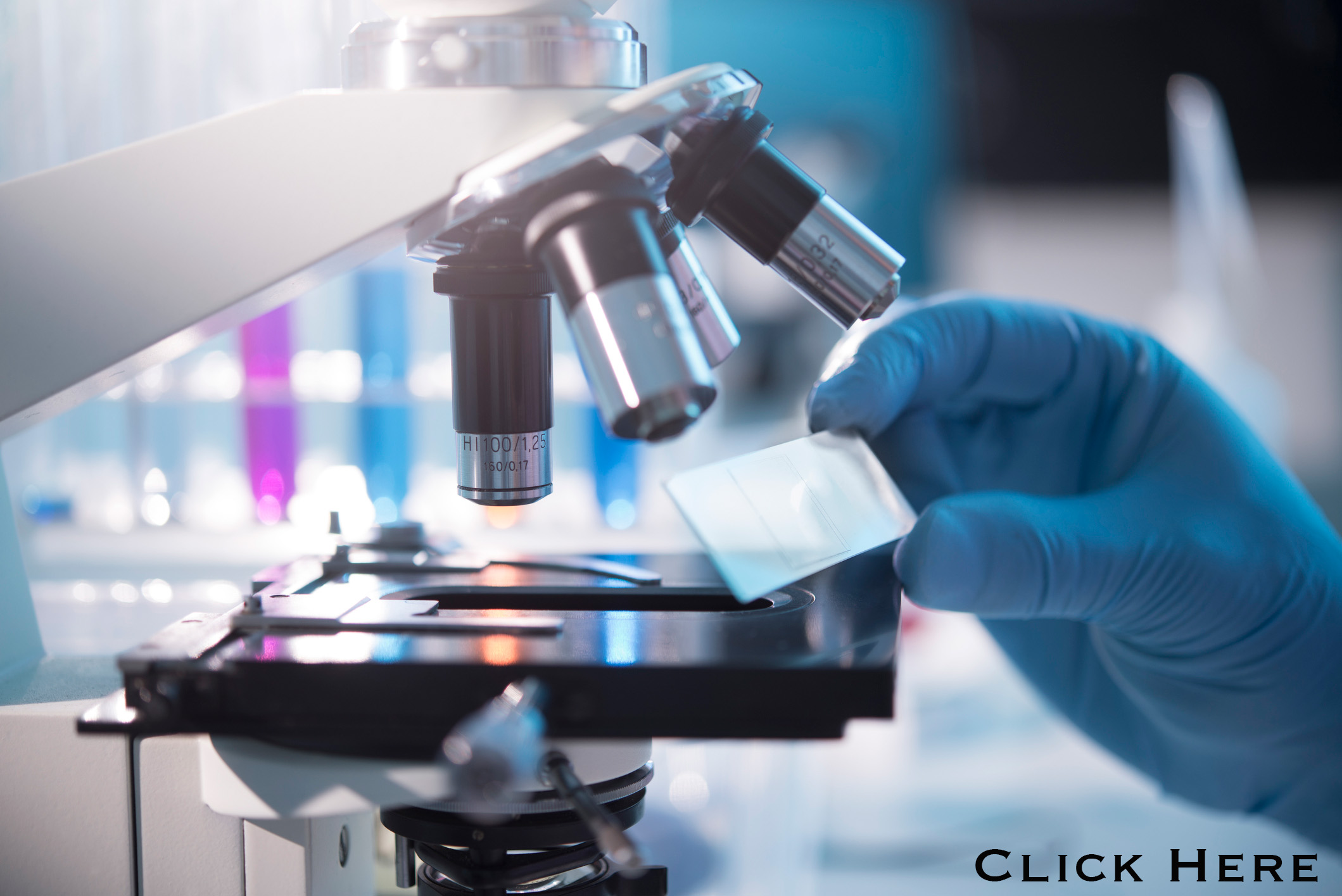
|
|
Histopathology
|
Anatomic Pathology Lab
|
|
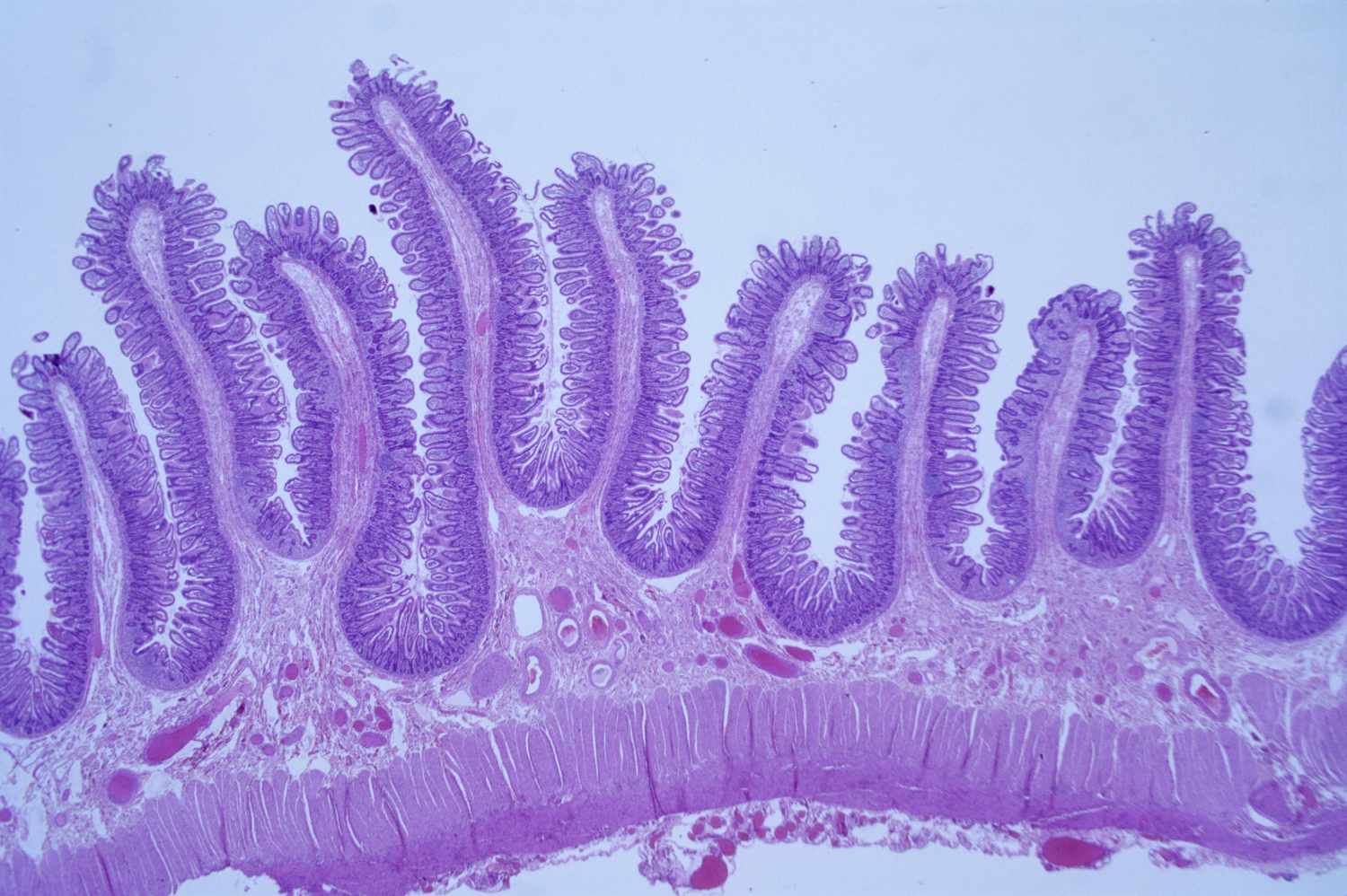
|
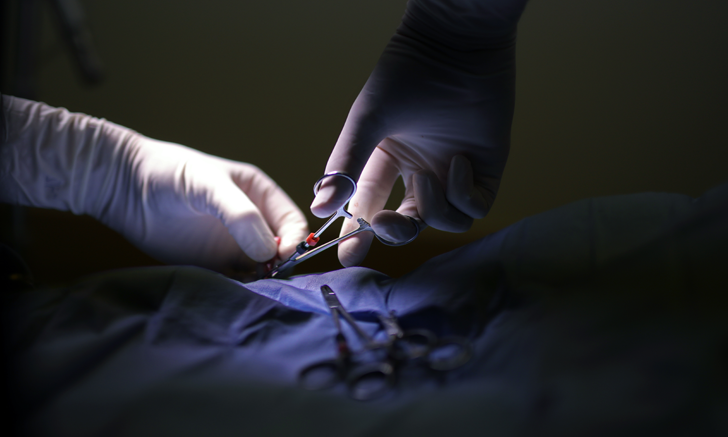
|
We Are Here to Help You!
Resources









